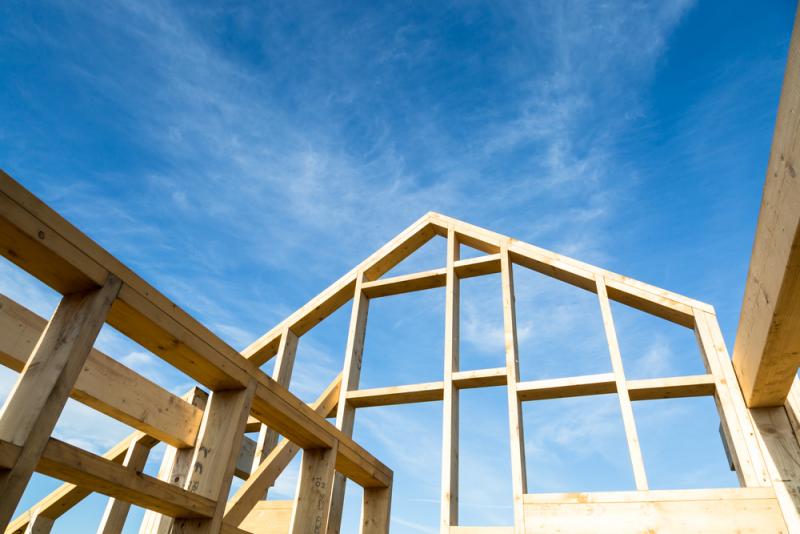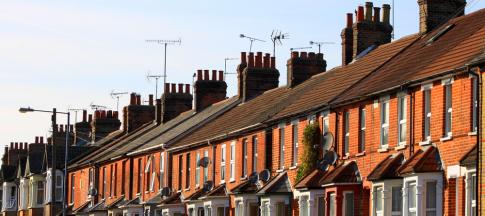
For some homeowners, insuring your property can raise a lot of questions, particularly those who own structures made from timber frames.
We discuss everything to do with timber-framed houses, as well as what insurance you need.
What are the benefits of a timber-framed home?
Buildings made from timber frames are becoming more popular in the UK, particularly in rural areas.
Some of the benefits include:
- Durability - as long as they're constructed and maintained properly
- They're relatively cheap and quick to construct - many timber frames are formed in factories as kits and brought to site for immediate construction
- Eco-friendly - the materials are often sustainably sourced
- Energy-efficient - they can save you a lot on central heating, as timber structures heat up and cool down quicker than brickwork
Due to timber framed homes having a quicker turnaround for construction and relatively low cost, they're now being considered as a solution to the UK’s growing housing crisis.
What are the risks of owning a timber-framed home?
There are a few downsides to owning a timber-framed home too, including:
- Fire risk - due to the fast-burning materials, homeowners need to be more vigilant to prevent house fires
- Condensation - while timber is great for rapid insulation, it can also retain moisture and be at risk of condensation
- Rot and cracks - condensation can then lead to problems like rot and cracks, which could damage the timber
- Lack of noise insulation - noise travels a lot further around the house and from the outside world.
How I can deal with these problems?
There are plenty of solutions to help deal with the problems we've mentioned above:
- Cladding and fascia boards can be applied to timber to protect the wood from extreme moisture and heat.
- To avoid excess condensation, most companies install a vapour check - foil-based plasterboard between the lining of any inside wall and insulation material to stop vapour from passing through the timber.
- Make sure you regularly check the wood and get expert help if there's any dry rot.
- Consider sound absorbent walls.
How will owning a timber home affect my home insurance policy?
Generally speaking, a house made from timber is just as durable as one made from brick. But, homes built from timber frames are still classed as non-standard properties by a lot of of insurance providers.
Most recommended insurers, including us, have expertise when it comes to non-standard properties and timber frames - so will be able to advise on the right type of policy for you.
Gather as much information about the history of your home as you can before you get a quote for non-standard home insurance.
The higher risk of damage by fire or flooding in timber structures may affect your premium. Different standards of timber construction can also have an impact.


